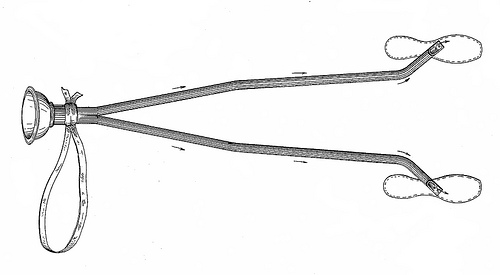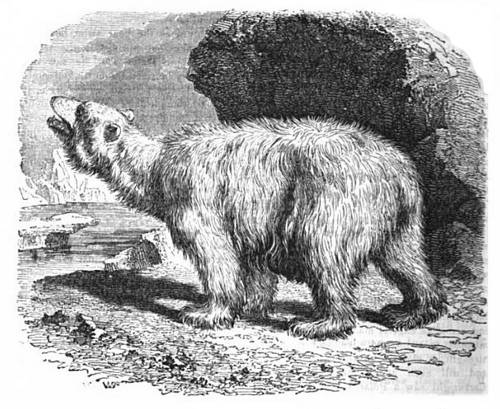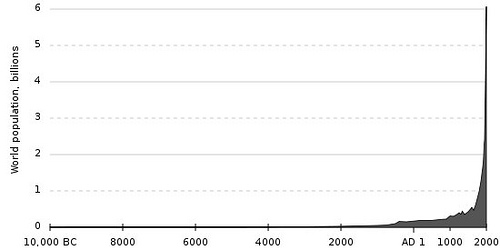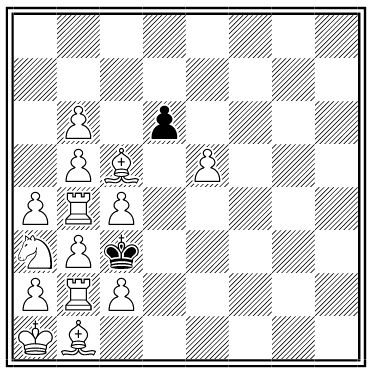On Aug. 12, 1985, Japan Airlines Flight 123 suffered mechanical failures after departing Tokyo. It struggled for 32 minutes to stay aloft but finally crashed into Mount Takamagahara, killing 520 people.
Among the debris was found the company diary of 52-year-old shipping manager Hirotsugu Kawaguchi. Apparently he had spent the fateful half hour composing a seven-page letter to his family:
Mariko, Tsuyoshi, Chiyoko — Please get along well with each other and help your mama. Papa feels very sorry I won’t survive. I don’t know the reason. Five minutes have passed. …
I never want to take an airplane again. Dear God, please help me. I didn’t imagine that yesterday’s dinner was going to be the last one with you all. …
Something seems to have exploded in the airplane. Smoke is coming out. … Airplane is going down. I don’t know where we are going and what is going to happen. …
Tsuyoshi — I do really count on you. Honey — I feel very sorry about what is happening to me. Goodbye. Please take care of our children. It’s six-thirty now. The airplane is spinning and going down quickly. …
I’m very thankful to you that I was able to have a really happy life up to now.
The crash remains the deadliest single-plane accident in world history.




